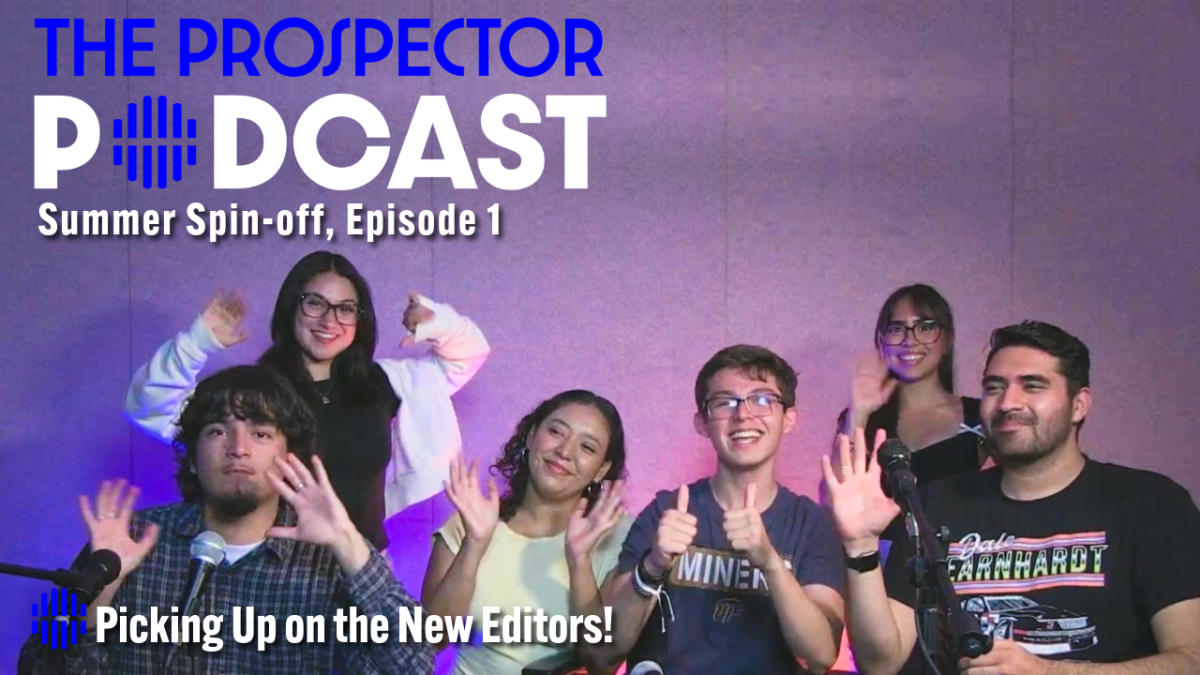The Executive Office of Immigration Review announced that hearings resumed in-person July 6 for non-detained individuals and master calendar cases in limited numbers at 15 immigration courts including in El Paso, in line with the U.S. President Joe Biden’s recent executive order the Citizenship Act of 2021 a list of immigration reform acts.
In his first 100 days of office, Biden endorsed the U.S. Citizenship Act of 2021 that is said to be the largest legalization program in U.S, as stated by the Center for Migration Studies of New York a think tank and an educational institute devoted to the study of international migration.
These new orders include allowing noncitizens who entered the U.S as children and Deferred Action for Childhood Arrivals program recipients to become eligible for lawful permanent residence, expanded eligibility for V Visas that allow certain immigrants to join family members in the U.S while they wait for their green cards to become available and more, the Center for Migration Studies said.
Todd Curry, UTEP professor of political science and board chairman of the immigration nonprofit Justice for Our Neighbors El Paso, said that the El Paso immigration court has the highest asylum denial in the Nation with a 98% denial rate. This means that 98% immigration cases of individuals seeking asylum in the U.S, specifically in El Paso, are turned down.
The immigration system as a whole is geared to criminalize immigrants rather than adjudicate, Curry said, a legal process that hears arguments and makes a decision based on the facts, laws, and rights of the parties involved.
“The changes Biden put forth are good, but anything to improve the system would be good,” Curry said.
According to the Transactional Record Clearinghouse Access there are currently 13,000 pending immigration cases in El Paso.
“The problem with this backlog is that the backlog hurts both the immigrants who have cases, they should be able to get asylum because they have to do that in court so they are just waiting years and years, at the same time it also hurts the government from the point of view of not making quick and effective and just decisions in terms of people being processed, “Director and professor of UTEP’S Inter-American and Border Studies Josiah Heyman said.
The average backlog in immigration court is between 900 and 1,000 days, a 3 year wait for people trying to seek justice/asylum, Heyman said.
The biggest problem children and families are facing are the pandemic restrictions such as Title 42, which allows unaccompanied children to apply for asylum but denies full families or other adult individuals. Because of this, parents will send their children off alone to get them out of danger, professor and Director of Immigration and Border Communities program at UTEP Jeremy Slack said. – (Waiting to confirm he is the director)
In addition, in person hearings have begun again July 6 after more than a year online. Since March 2020, immigration hearings have been virtual. In-person hearings allow all participating members more freedom to interact and to object issues, Slack said. Virtual hearings made it difficult for individuals to speak and confer with their immigrations attorneys like they could in an in-person setting, Slack said.
“There were numerous difficult connectivity issues which I think often delayed hearings for a long period of time,” Slack said.
Slack believes virtual settings may increase the already present and ongoing issues in the immigration court systems. Curry said if individuals did not have the ability to connect to online hearings, they would be processed as no-shows, and would be summarily rules against. In-person hearings increase empathy with judges and may provide a less sterile environment, Curry said, but with the lack of representation for the individuals, the small change does not do much.
The goal of Curry’s nonprofit immigration group Justice for Our Neighbors El Paso is to provide help to detainees from Otero County who are predominantly single men, with some having ties to the LGBTQ+ Community.
Those looking to help the organization can visit the Justice for Our Neighbors El Paso website to provide volunteer work or donate to their cause.
Julia Lucero may be reached at [email protected]










